HEALTH CARE ACCESS
The Honduran government provides two different types of health centers throughout rural Honduras: Centros de Salud Médico Odontológico (CESAMOs) and Centros de Salud Rural (CESARs). CESAMOs are the larger of the two, often found in municipalities, and typically have at least one physician on staff at all times with nurses and potentially a dentist. CESARs are found sporadically in rural communities and generally have a single nurse available. Even with this coverage, it is important to note that medications, supplies, and materials are often not available in these health centers and the physician density in Honduras remains around 1,220 people for every one doctor. According to the World Health Organization, there should be a maximum of 435 people per physician to qualify a country as having adequate access to medical attention.
El Encinal does not have a health center directly in the community; however, they do have access to the CESAR-Joyas del Carballo. The walk to this health center from El Encinal is about thirty minutes. The health center is staffed by a local nurse, who receives help from the nine members of the Community Health Committee. The most common illnesses reported by community members are diarrhea, dengue, and asthma.
*These statistics reflect data from Medical/Dental Brigades in the community of El Junco & Joyas, where community members from El Encinal attend the mobile clinics.
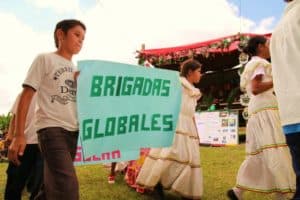 El Encinal is located far from any highway that would allow easy access to outside employment or health care. Global Brigades has worked with our various programs to provide the community access to public health infrastructure, capital for their community bank, potable water, and health care through our brigade clinics. El Encinal does not have a health center directly in the community; however, they do have a health center about a 30-minute walk away in El Junco & Joyas. The health center is a CESAR and staffed by a local nurse. In support of the nurse’s work, 9 members of the community make up the Community Health Committee. El Encinal’s educational system includes Kinder and Primary schools (through 6th grade), though students have the opportunity to study 7-9th grades at the school in El Junco & Joyas. In El Encinal, there are 56 students and it is estimated that about 94% of the community knows how to read and write.
El Encinal is located far from any highway that would allow easy access to outside employment or health care. Global Brigades has worked with our various programs to provide the community access to public health infrastructure, capital for their community bank, potable water, and health care through our brigade clinics. El Encinal does not have a health center directly in the community; however, they do have a health center about a 30-minute walk away in El Junco & Joyas. The health center is a CESAR and staffed by a local nurse. In support of the nurse’s work, 9 members of the community make up the Community Health Committee. El Encinal’s educational system includes Kinder and Primary schools (through 6th grade), though students have the opportunity to study 7-9th grades at the school in El Junco & Joyas. In El Encinal, there are 56 students and it is estimated that about 94% of the community knows how to read and write.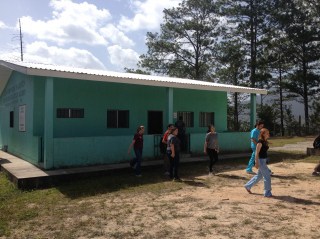 COMMUNITY HEALTH WORKERS
COMMUNITY HEALTH WORKERS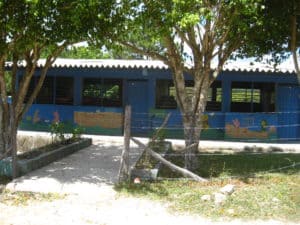 BRIGADE INFORMATION
BRIGADE INFORMATION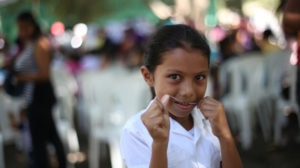 BRIGADE INFORMATION
BRIGADE INFORMATION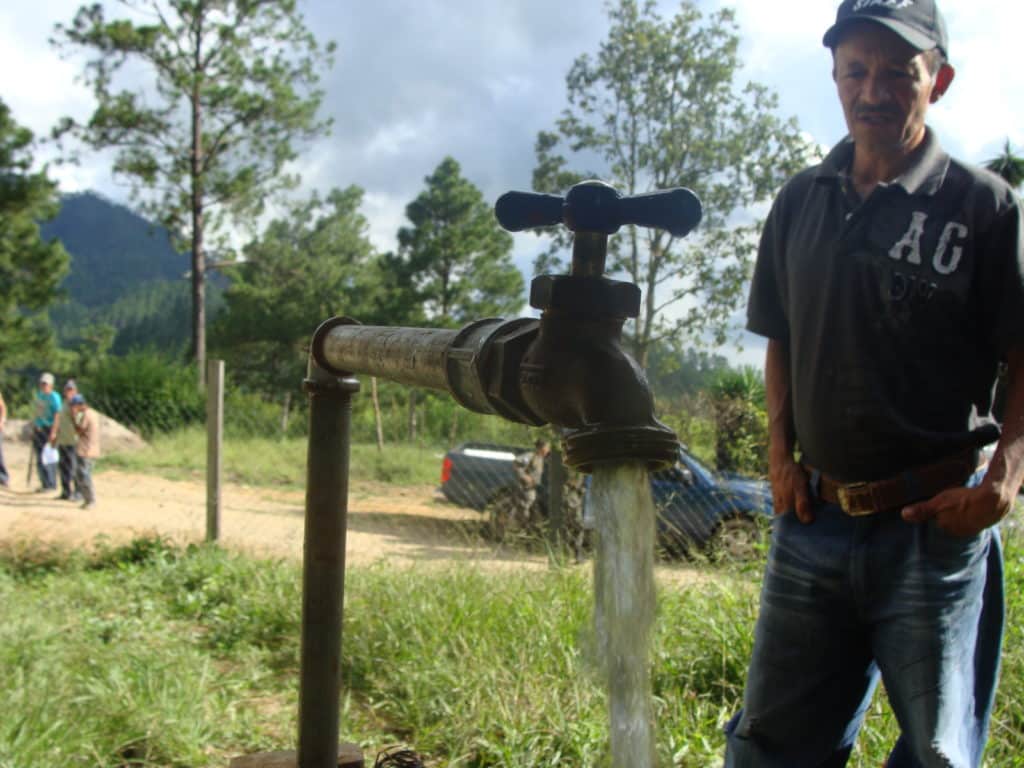 EL ENCINAL’S ENGINEERING SOLUTION
EL ENCINAL’S ENGINEERING SOLUTION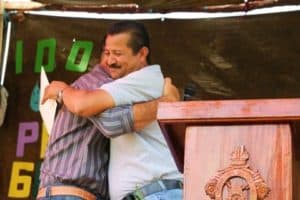 EL ENCINAL’S MICROFINANCE SOLUTION
EL ENCINAL’S MICROFINANCE SOLUTION EL ENCINAL’S BUSINESS SOLUTION
EL ENCINAL’S BUSINESS SOLUTION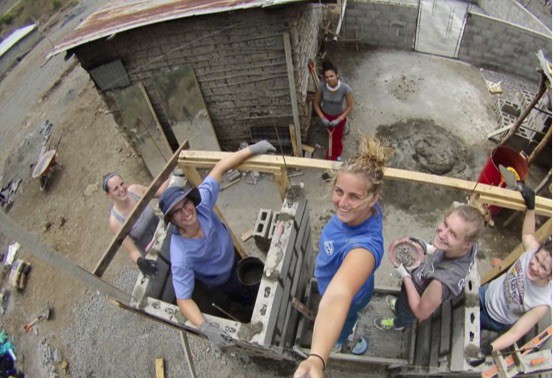 EL ENCINAL’S PUBLIC HEALTH SOLUTION
EL ENCINAL’S PUBLIC HEALTH SOLUTION